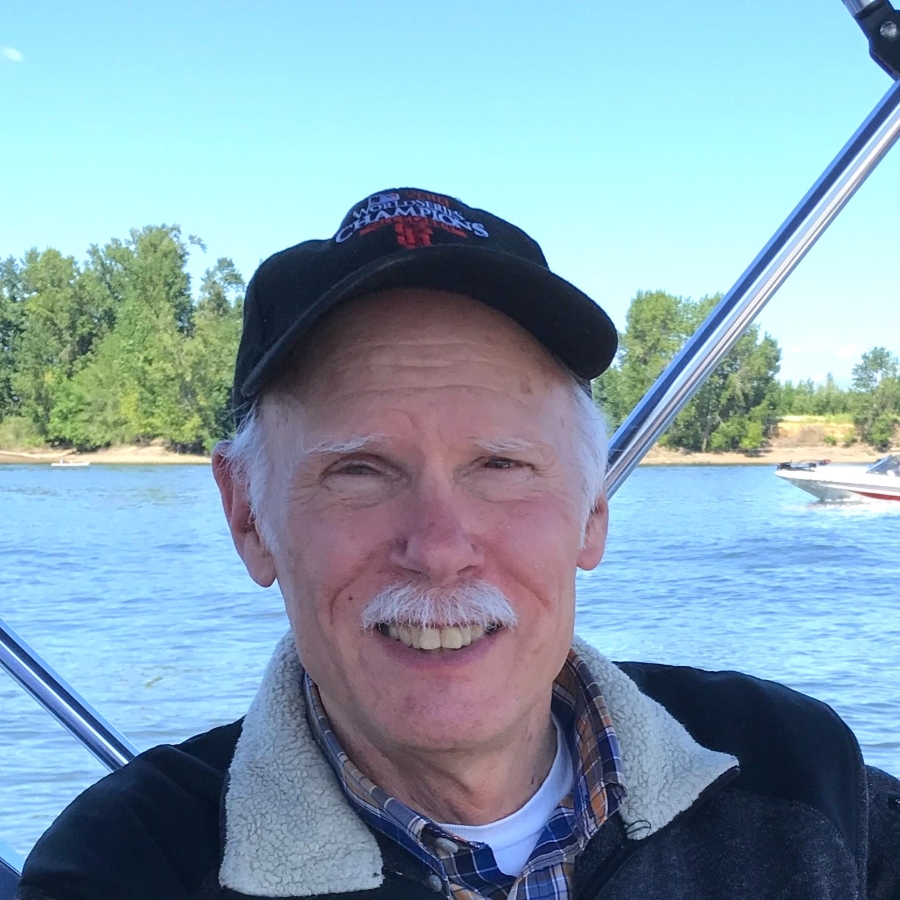 Ed Valente has always been interested in molecular structure and in particular X-ray diffraction. But it is not only the science of chemistry that excites him, it is the fact that chemistry is the foundation for all material sciences, from biology and biochemistry to engineering and medicine.
Ed Valente has always been interested in molecular structure and in particular X-ray diffraction. But it is not only the science of chemistry that excites him, it is the fact that chemistry is the foundation for all material sciences, from biology and biochemistry to engineering and medicine.
“Chemistry is known as the ‘central science,’” he says. “I wanted my students to understand and use the language of chemistry as well as learn its principles and applications.”
Ed was mentored early at Riordan High School (San Francisco) by Br. Roland Hinger, SM, then in college by Dr. Gerald Thomas (SF State Univ.) In graduate school at the University of Washington (Seattle), his mentors included Dr. Edward C. Lingafelter, Dr. William F. Trager and Dr. Verner Schomaker. After postdoctoral work with Dr. Lawrence Bartell (University of Michigan, Ann Arbor), Ed spent much of his career teaching at Mississippi College, where he arrived in 1983. There he was honored with teaching and research awards.
After decades in the south, what drew him to The Bluff in 2009? “My desire to be part of an active chemistry program with solid research experiences for undergraduates,” he says, “and to be closer to home and family. I will be forever thankful to the University of Portland for this opportunity.”
In fact, his research with undergraduate students is what he has valued most about his time at UP. It not only gave him a chance to mentor the next generation of scientists, but also collaborate with them on studying new systems in organic chemistry—his specialty.
Over the years, he has published about 172 peer-reviewed publications in the chemical sciences, and says “the vast majority of our published work involves undergraduate student co-authors. I am glad to have worked with and contributed to the advancement of these talented, curious, and hard- working people.”
Collaboration is the cornerstone of Ed’s work, and it is a lesson he drives home to his students whenever possible. “It’s important for students to appreciate that science is a human endeavor and a labor of mind and hands, but also that it is done in community,” he says. “Even though I step back as the skills of the student develop, I stay close enough to ensure that the collaborative nature of the work is always evident.”
Ed says he is always adapting his teaching to better reach students with varying backgrounds, and to present new knowledge, best practices, and great experiments. Over the course of his career, he has greatly enjoyed helping students discover their powers of logic and deductive reasoning, and plans to continue supporting undergraduate research as an emeritus faculty member in the Department of Chemistry & Biochemistry.